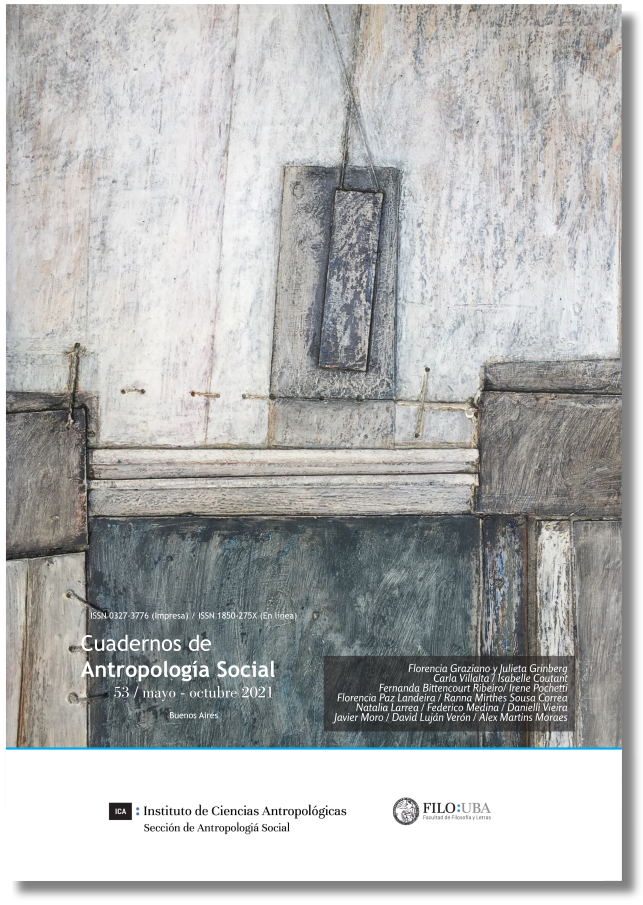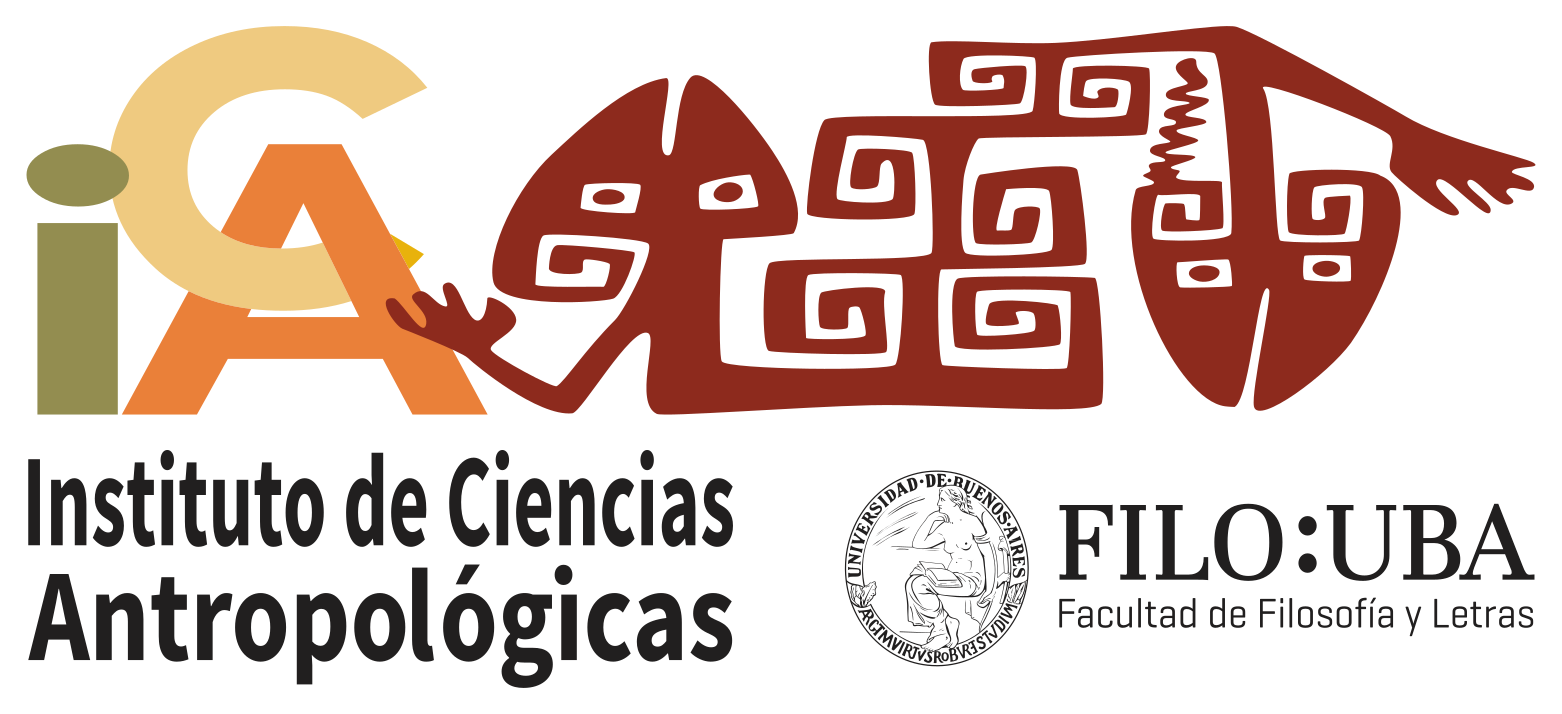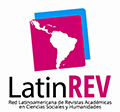Retrospective of the State and the politics of childhood.
The construction of the agenda in the city of Buenos Aires between the 80’s and 90’s
Abstract
Starting from an autobiographical journey with references to certain experiences in the area of childhood, the article analyzes the shifts in the political agenda of the city of Buenos Aires between the 80’s and 90’s. Upon the return of democracy, early childhood seemed to be among the agenda priorities but was later relegated. In contrast, the “children from / on the street” emerged as a more urgent and visible problem that allowed to confront with institutionalization policies –which were emblematic of the tutelary model–. In addition, those years witnessed the emergence of programs “alternative” to assistentialism and to the aforementioned model, combining socio-educational projects and territorial support networks in critical situations. The article draws from (and is written from the level of ) the implementation of these experiences -diverse in their modalities but with some shared characteristics in terms of their framing and approach- that are usually overshadowed by the dichotomous confrontation between two models (the tutelary and the rights approach) that strengthened that period’s agenda towards a normative dispute.Downloads

Esta obra está bajo una Licencia Creative Commons Atribución 4.0 Internacional
Cuadernos de Antropología Social sostiene su compromiso con las políticas de Acceso Abierto a la información científica, al considerar que tanto las publicaciones científicas como las investigaciones financiadas con fondos públicos deben circular en Internet en forma libre, gratuita y sin restricciones.
Los contenidos y opiniones expresadas en los artículos publicados son de entera responsabilidad de sus autores.
Los autores/as que publiquen en esta revista aceptan las siguientes condiciones:
- Los autores/as conservan los derechos de autor y ceden a la revista el derecho de la primera publicación, bajo la licencia de atribución de Creative Commons, que permite a terceros utilizar lo publicado siempre que mencionen la autoría del trabajo y a la primera publicación en esta revista.
- Los autores/as pueden realizar otros acuerdos contractuales independientes y adicionales para la distribución no exclusiva de la versión del artículo publicado en esta revista (p. ej., incluirlo en un repositorio institucional o publicarlo en un libro) siempre que indiquen claramente que el trabajo se publicó por primera vez en esta revista.















